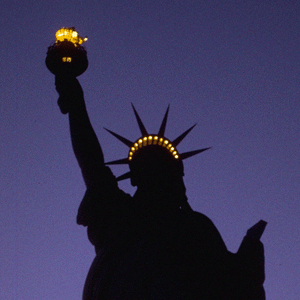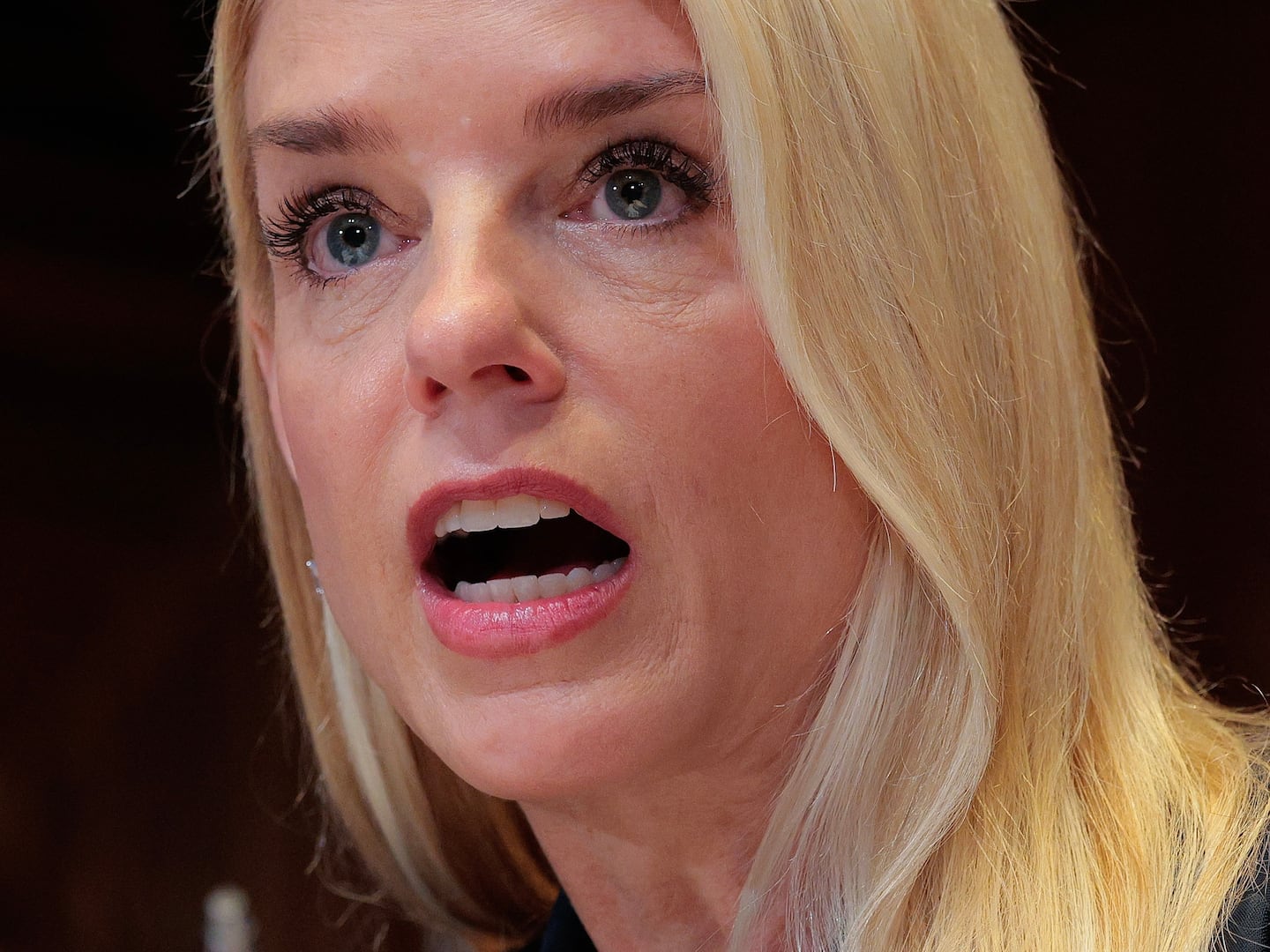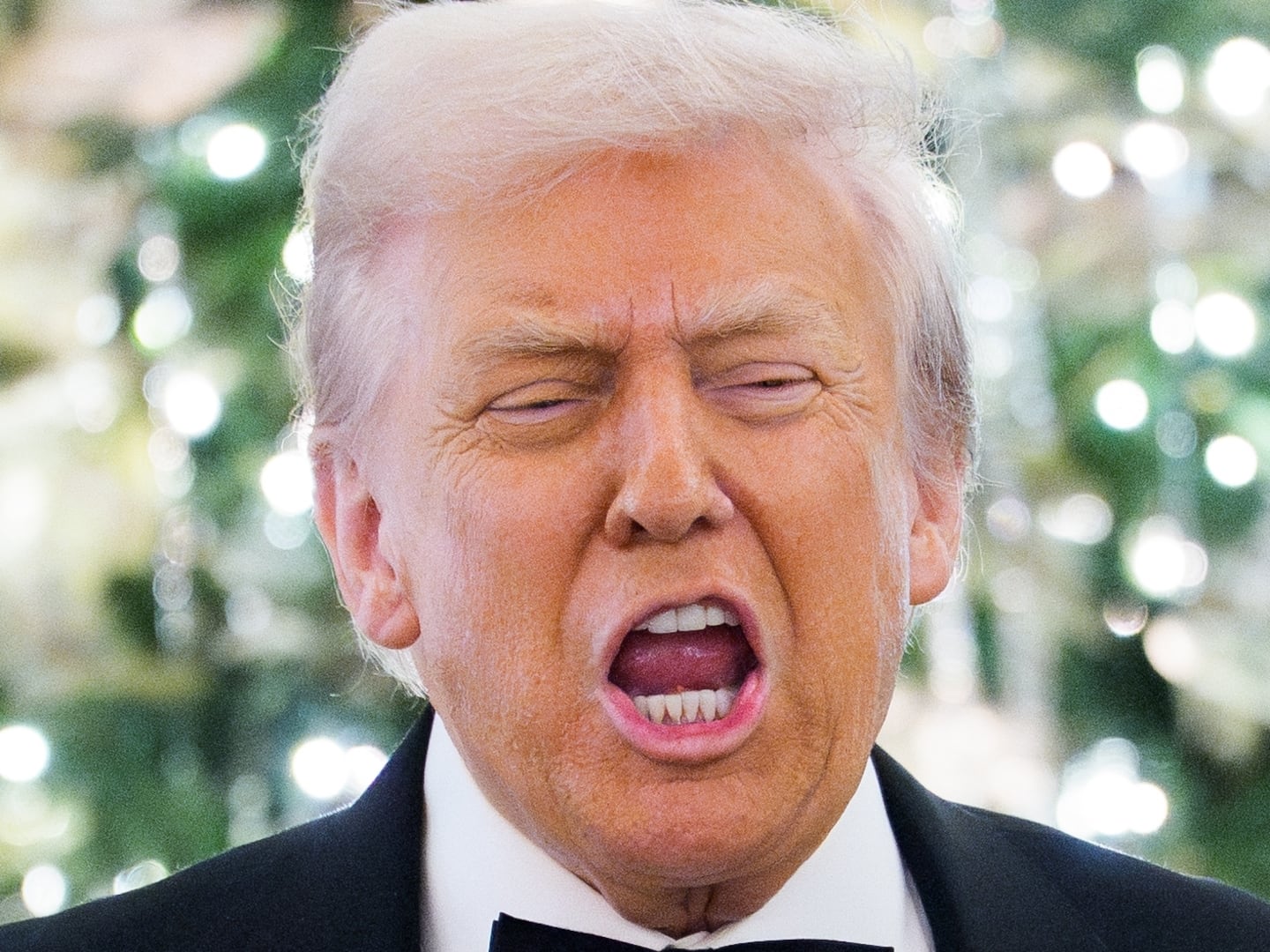Get more news and opinions in the twice-daily Beast Digest newsletter. Don’t miss the next big story, sign up here.
Lawyers for former Vice President Mike Pence and the Justice Department should think twice before appealing Chief Judge Jeb Boasberg’s rulings rejecting arguments to get Pence out of testifying before the Jan. 6 grand jury.
The Trump legal team had argued executive privilege completely shielded Pence from complying with a grand jury subpoena to testify about what he knew of former President Donald Trump’s efforts to overturn the 2020 election. Pence’s legal team argued that the speech or debate clause of the U.S. Constitution would similarly excuse him from complying.
In a pair of rulings still under seal, Boasberg, who took over the reins of the D.C. federal district courts barely two weeks ago, struck down Trump’s argument and also mostly rejected Pence’s argument. The rejection of Trump’s by now-reflexive invocation of executive privilege followed on the heels of Boasberg’s predecessor, Judge Beryl Howell, having rejected Trump’s efforts to stop the testimony of his former chief of staff Mark Meadows and other Trump advisers.
Despite a long string of losses with this argument and despite the fact that the Supreme Court stated in the Watergate-era case of United States v. Nixon that executive privilege must yield in the face of pending criminal cases, Trump and his allies have continued to raise it as an absolute shield against testimony. Trump is unlikely to have success with further appeal of the issue other than adding to his string of losses on it. Ironically, Nixon himself had worried that he might weaken executive privilege through his invocations of it. By comparison, however, Trump’s reckless “supercharged concept of privilege”may have done far more damage to the doctrine than did Nixon.
Pence’s separate argument that the Constitution’s speech or debate clause could defeat a grand jury subpoena was equally ill-advised and made it plain that Pence valued playing to the Trump base more than he values the rule of law.
Pence’s reasoning was that his role as chief electoral vote counter on Jan. 6 made him a member of the Legislative Branch rather than the Executive Branch for a day and that therefore he was protected from any inquiry into his actions. But the speech or debate clause is not nearly as broad as Pence would read it to be as the Supreme Court held in United States v. Brewster 408 U.S. 501 (1972), where SCOTUS distinguished between political activities versus legislative activities.
The latest reminder of that distinction came with the 11th Circuit Court of Appeals’ unanimous rejection of Sen. Lindsey Graham’s efforts to avoid the Fulton County special grand jury subpoena by relying upon the speech or debate clause.
Even conservative former federal judge Michael Luttig—who had been a Pence supporter and advised him on how to handle the Jan 6 electoral vote certification—criticized Pence’s attempt to hide behind the clause as being an attempt to “politicize” the subpoena.
Can’t get enough from The Daily Beast? Subscribe to the twice-daily Beast Digest newsletter here.
However, according to reporting, Chief Judge Boasberg’s decision left some wiggle room for Pence. While ruling that Pence must comply with the subpoena and answer questions posed by special counsel Jack Smith’s team before the grand jury, the judge allowed that Pence could decline to answer questions that could relate to his actions on Jan. 6 when he was acting as president of the Senate to certify the 2020 presidential election.
Such a ruling denies prosecutors a sweeping green light to question Pence about all aspects of Jan. 6 and forces them to proceed on a question-by-question basis. Given that the real purpose of the speech or debate clause is to provide immunity from being liable for legislative acts, it makes sense that Pence cannot be questioned about his specific act of counting the electoral votes as part of the certification process.
But under Boasberg’s ruling, this immunity would not apply to being questioned about what he knows about Trump’s potentially illegal efforts to overturn the election. It will be tempting for both the Department of Justice and Pence to seek a broader win by appealing the issue potentially all the way to the Supreme Court.
But appeals are a two-edged sword. In this case, an appeal could cause the door to Pence’s testimony to be opened wider—or slam it shut. Pence, who is increasingly showing himself to be willing to cast aside principle for politics, may emulate Trump by appealing the issue as far as he can if only to show that is willing to fight against the special counsel probe in hopes of appealing to Trump’s base. An appellate loss, however, could easily make Pence subject to far broader questioning sans any ability to decline to answer certain questions. Similarly, the DOJ and the special counsel may prefer to have no limits on what they can ask Pence and might hope that an appellate win might skewer Pence’s weak legal argument and allow them carte blanche in questioning him.
Here, however, the DOJ has more to lose than Pence. Even the limited ability to question Pence is a big victory for the prosecutors, as it allows them to get what they can and fight about the rest another day. The risk that a conservative appeals court might take a more pro-Pence position is not insignificant, and choosing not to appeal the current ruling may send a signal to the higher courts that the DOJ’s position—versus Pence’s position—is the more constitutionally reasonable one.
That’s a nuance that should not be lost on former federal Court of Appeals Judge Merrick Garland.
Sign up for the Beast Digest, a twice-daily rundown on each day’s top stories. Don’t miss out, sign up here.







